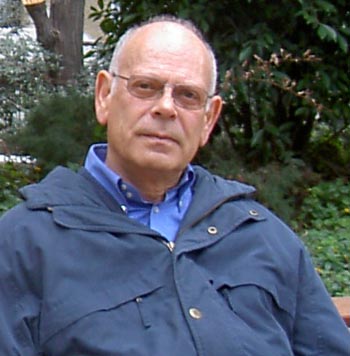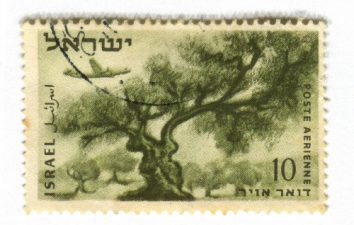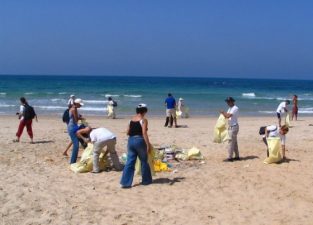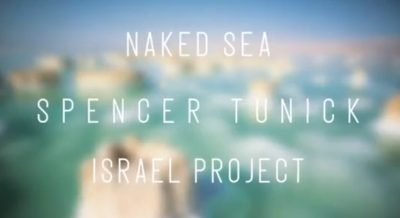 Israel’s aging nuclear facilities are “beyond safe operating ages“.
Israel’s aging nuclear facilities are “beyond safe operating ages“.
It sits in the middle of Israel’s Negev desert region, far from the Mediterranean seacoast and the possibility of a catastrophic 14 meter high Tsunami like the one which severely damaged the Japanese Fukushima nuclear power plant. It’s also not in nearly as serious an earthquake zone as the Japanese nuke plants. Yet, Israel’s aging and outdated scientific nuclear reactor near the town of Dimona could very well be approaching the possibility of facing a meltdown crisis of its own if the 50 year old cooling system fails to protect the reactor’s nuclear core.
This fear is now being expressed by Professor Uzi Even, a well known chemistry academic and former member of Knesset, who spent his military service working at the Dimona reactor, according to an article in Globes.
According to Professor Even, when interviewed by Globe’s reporter, he compared the Dimona reactor to those built in Japan during the late 1950’s:
“The reactors were built about the same time, 40-50 years ago. In principle, the planning of the reactors is similar. The soft underbelly is the cooling system, which must be operated with great force, even after the reactor is turned out. If there is a breakdown in the cooling system, it will cause the core to collapse. That’s what happened at the Japanese reactors.”
This is not the first time that Prof. Even has spoken up about the Dimona reactor he knows so well. In another interview with YNet News back in April, 2010, Even said that he believes it is time that Israel end its so-called “nuclear ambiguity” and agree to sign the international Nuclear Non-Proliferation Treaty.
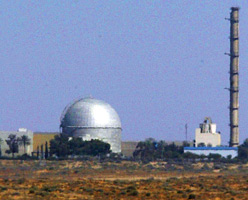 Dimona reactor: outdated technology
Dimona reactor: outdated technology
His article at that time coincided with rumors that Israel may be “ready to come out of the nuclear closet” by considering the building of at least one nuclear power plant.
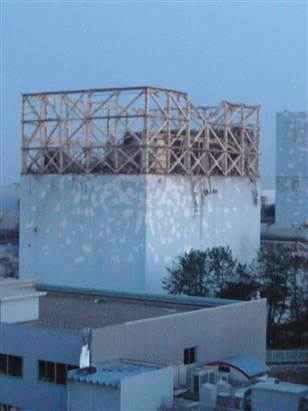 Could Dimona reactor become like this?
Could Dimona reactor become like this?
Building new nuclear reactors to replace the aging one at Dimona, is something very critical, according to Prof. Even, who told YNet’s reporters:
“The policy prevents the supply of necessary materials and goods for the development of our nuclear capabilities, and prevents the proper training of scientists. It prevents us from building a nuclear reactor in Israel instead of the one in Dimona, which has long ago passed the age in which it should have been shut down.”
The professor added that countries like India and Pakistan started out with policies of ambiguity but now are recognized in the international nuclear field.
By continuing the same nuclear policy Israel is not able to replace the aging reactor at Dimona with a modern and safer one. Due to the still ongoing nuclear plant crises in Japan, however, Israeli Prime Minister Binyamin Netanyahu now says that his country has no current plants to build a nuclear power plant facility, even though it was recently said that a nuclear power plant might be built in the country’s northern Negev region.
The only “good news” to the issue of the aging Dimona reactor is that due to its small size – much smaller that those in Japanese nuclear facilities, the danger of radioactive contamination from a breakdown would be a lot less.
Is that really good news?
Read more on Israeli and Japanese nuclear reactors:
As Japanese Nuke Plants Meltdown, Israel May Build a “Safe” One in the Desert
Is Israel Coming Out of the Nuclear Closet by Planning a Nuclear Power Station?
Israel Seeks to Build Nuclear Power Plants with Arab Neighbors
Photo: Wikipedia.org

